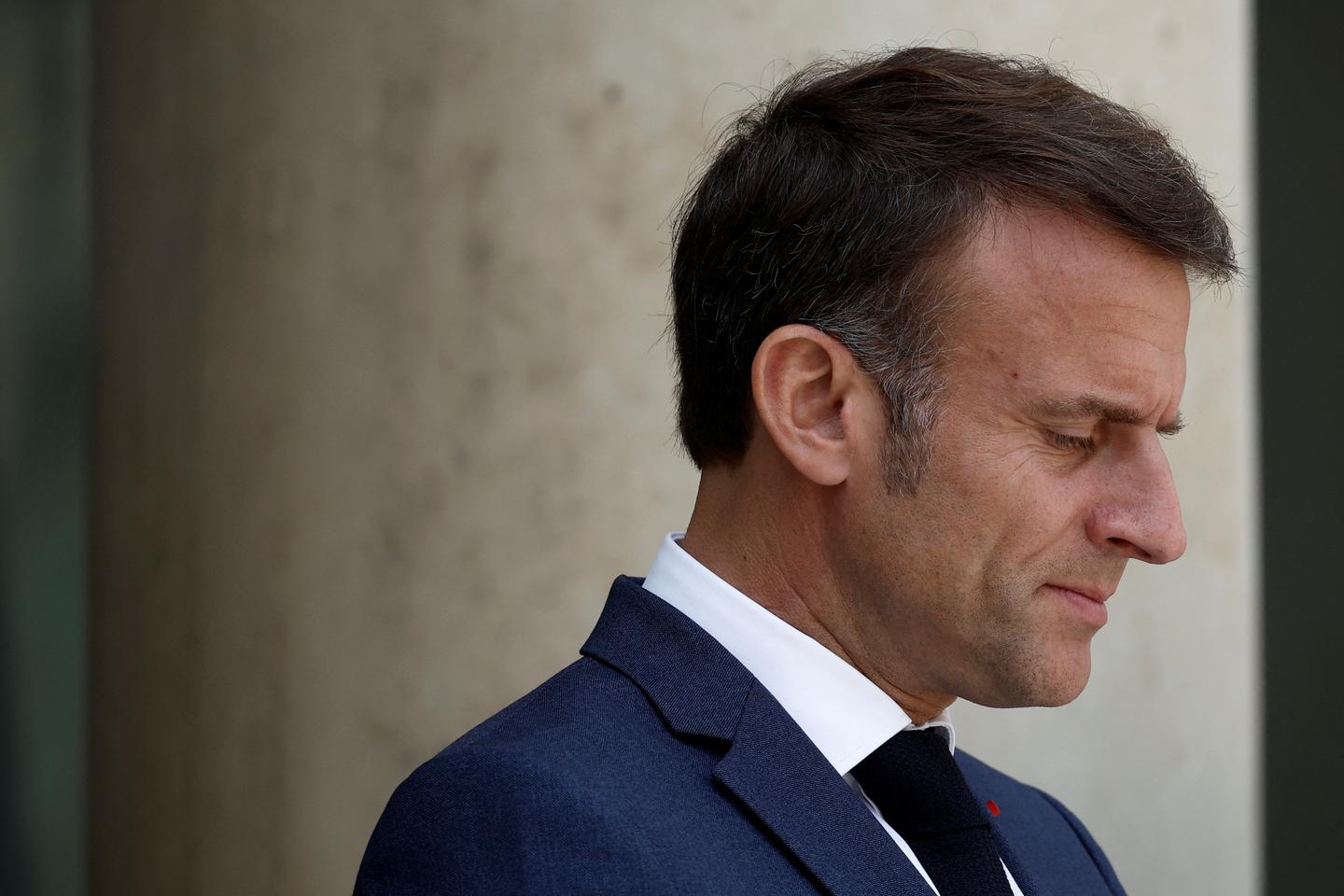


It is commonplace to say that power isolates leaders. With Emmanuel Macron, the practice of politics has accentuated this and his decision to dissolve the Assemblée Nationale after the June 9 European elections and the calamitous results his party suffered, has pushed his isolation to its paroxysm. Ten days after dropping his bombshell, the French president is still trying to explain why he went for snap elections, which is not a good sign.
None of the main figures of Macronism are coming to his rescue to justify a decision that risks bringing the far-right Rassemblement National party to power. On the contrary, most of them are asking the president to keep silent, which is something Macron is not cut out for. So the president speaks every time he gets the opportunity, writes a letter to his fellow French citizens published in the regional daily press; and every time he speaks out one wonders how many votes his camp loses.
One of his former prime ministers, Edouard Philippe, abruptly said that the president "had killed the majority" and that it was "time to move on," past Macronism. His current prime minister, Gabriel Attal, is campaigning to save this very threatened majority without putting him forward, and Macron-aligned candidates are avoiding putting the deeply unpopular president's picture on their campaign posters.
History is cruel. Because in 2017 and 2022, after his election and reelection as president, Emmanuel Macron's name was synonymous with victory, and the president was certainly convinced that he could get an armchair elected as long as his name was stuck on it. Now is the time to save what can be saved, meaning between 60 and 100 seats, according to pollsters, down from 245. Who on earth had the idea of renaming Macron's party Renaissance ("Rebirth"), in 2022?
Self-confidence
Macron has always been one of a kind. The youngest French president ever elected, he built his career without following the traditional rules: neither patiently taking control of a party, nor being elected at the local level to gain experience, nor suffering at one point an electoral defeat; a test that the French like to inflict on their would-be presidents, something to which all of Macron's living predecessors can testify (and the dead would not disagree).
After a stint in investment banking, he went instead directly to the top. He spent three years as a senior adviser to then Socialist president François Hollande, became economy minister for two years, decided to run for president, founded his own party – centered around him – and won France's most important election, twice. A recipe for overflowing self-confidence.
You have 51.14% of this article left to read. The rest is for subscribers only.
